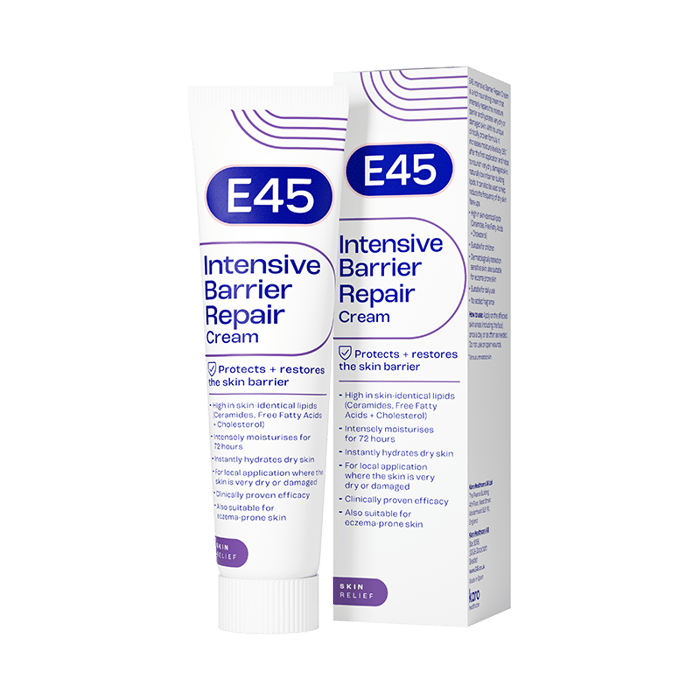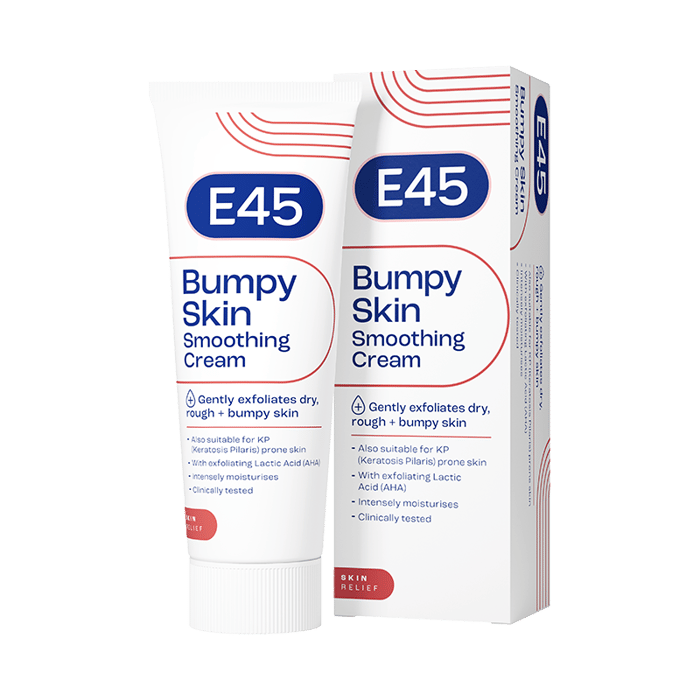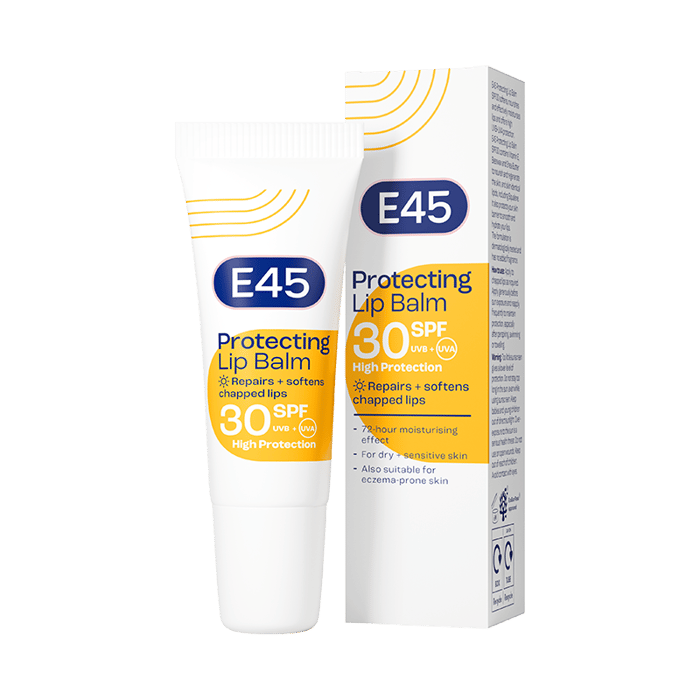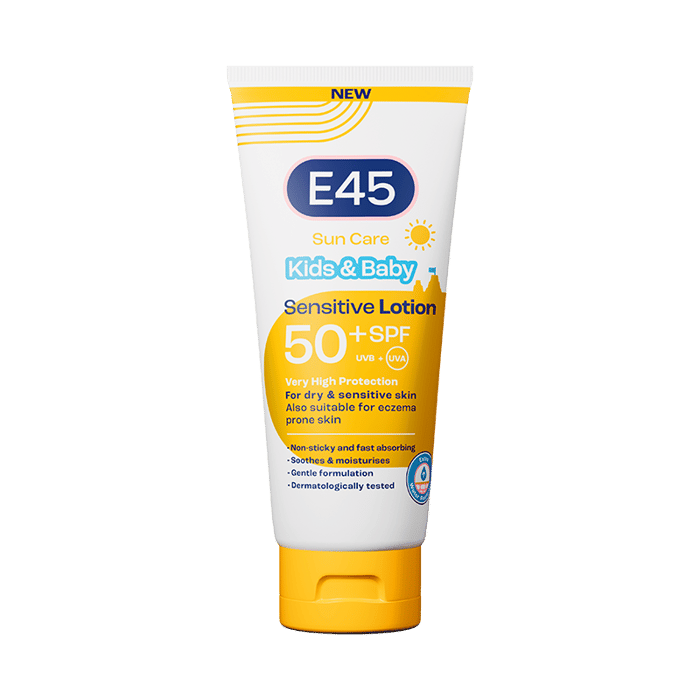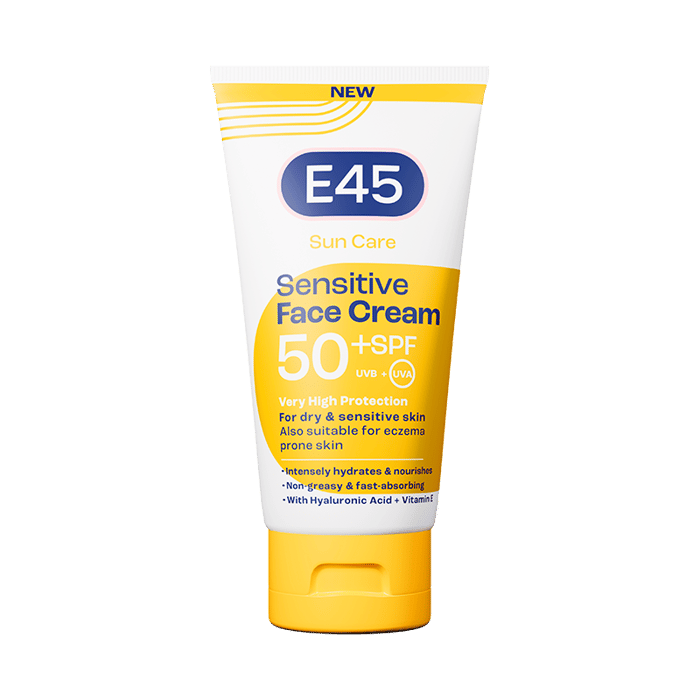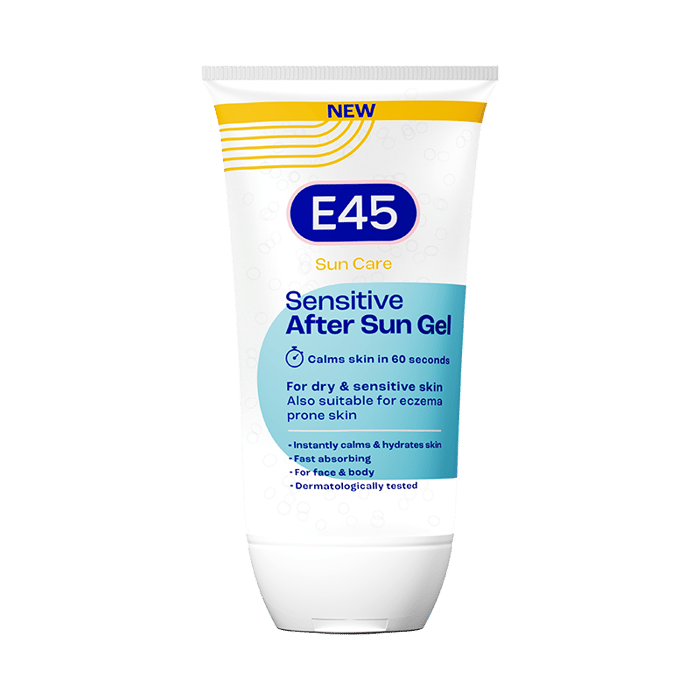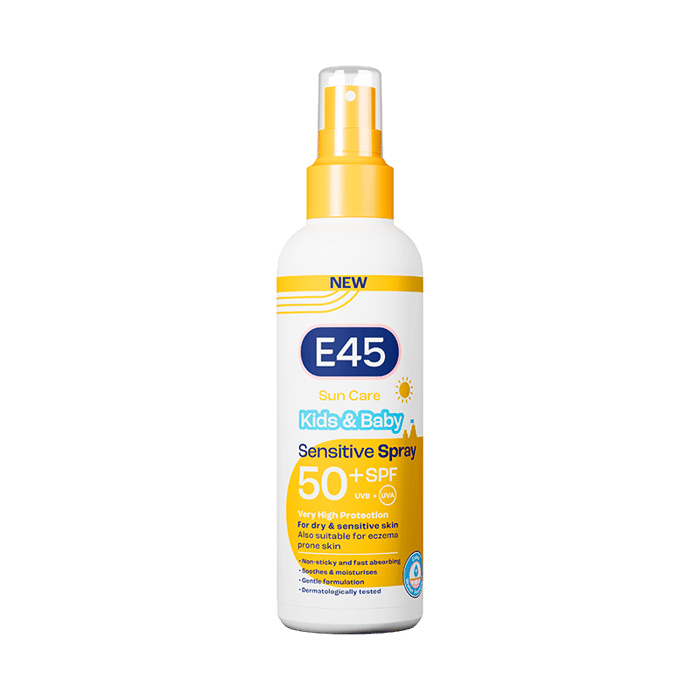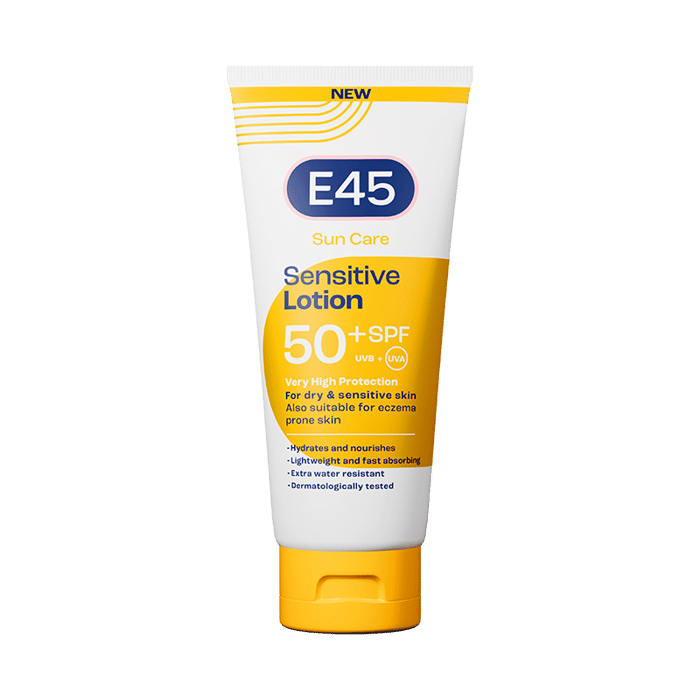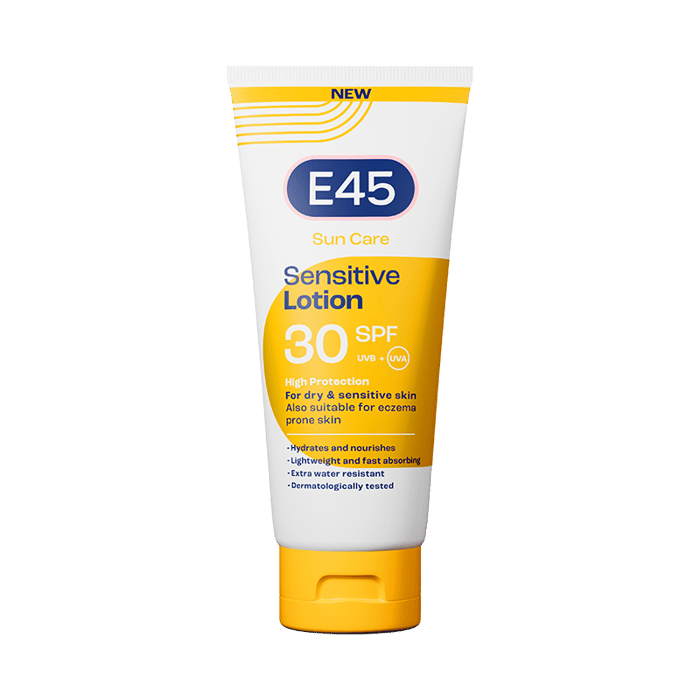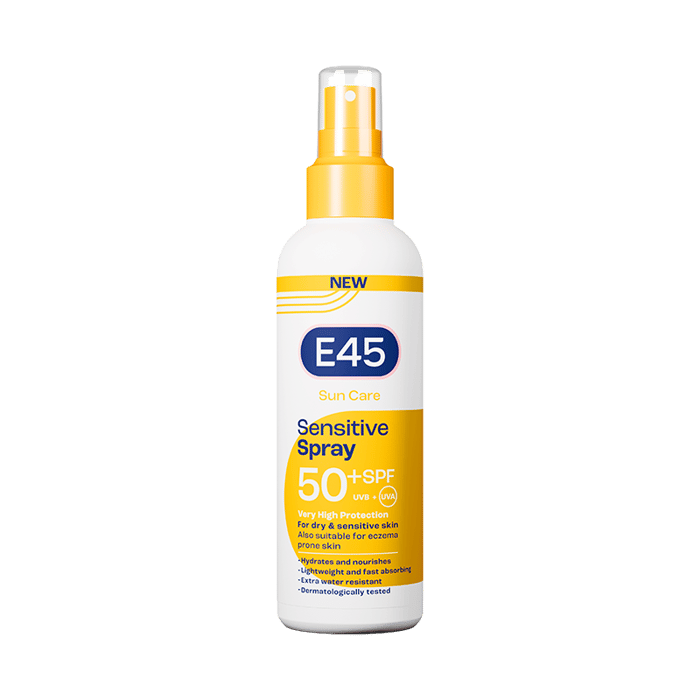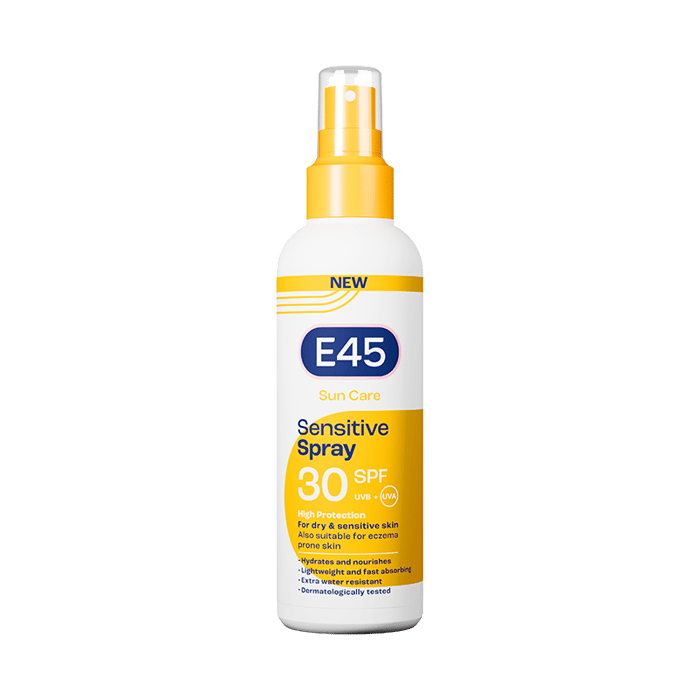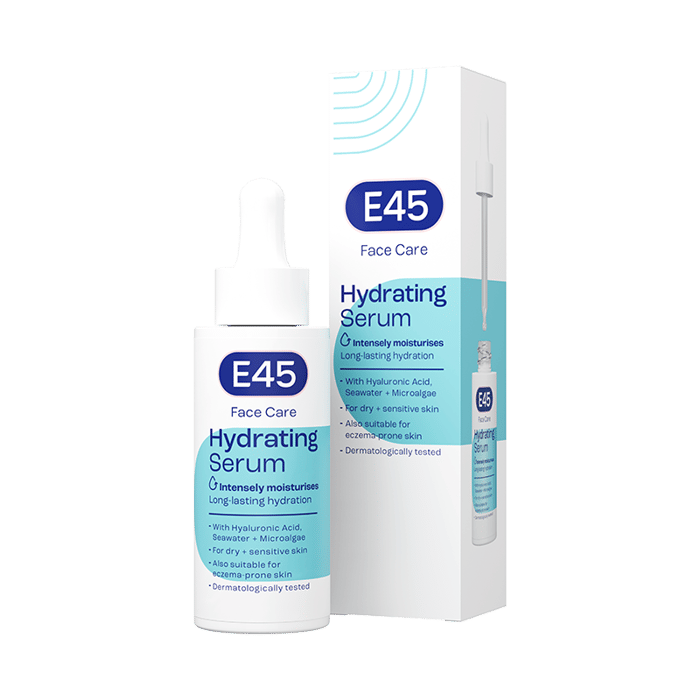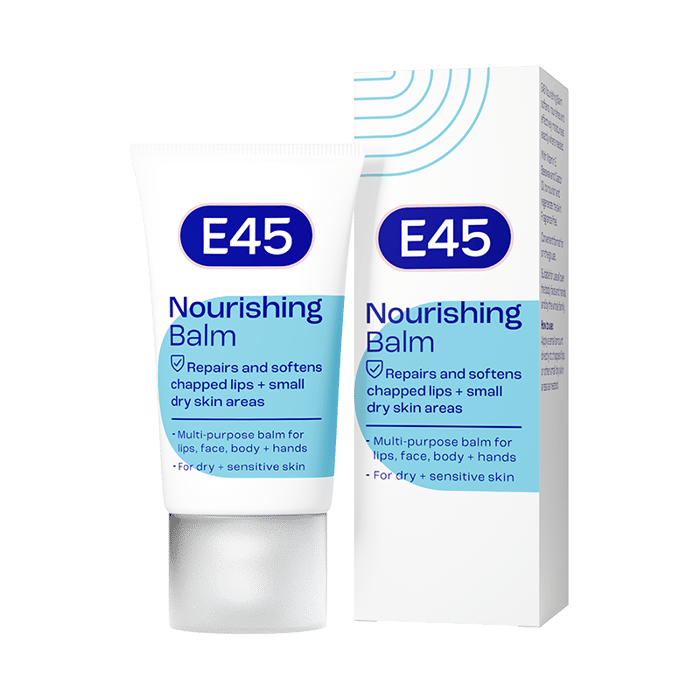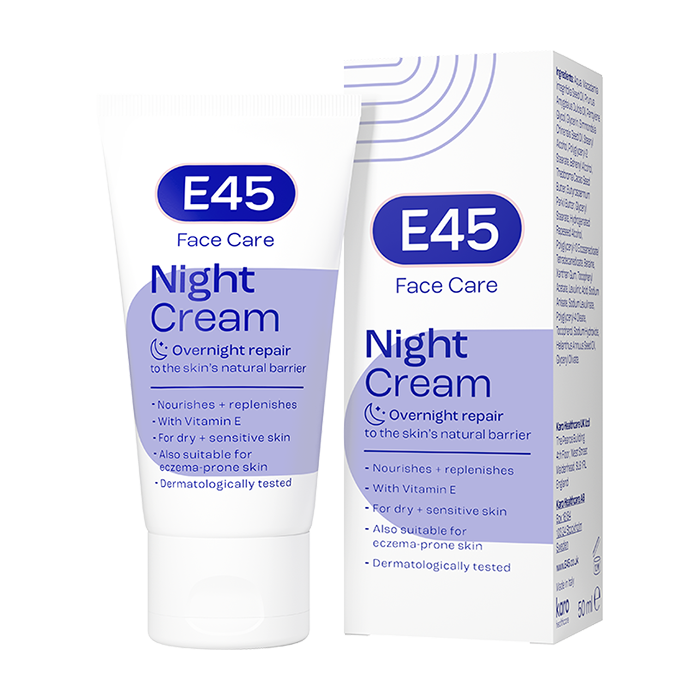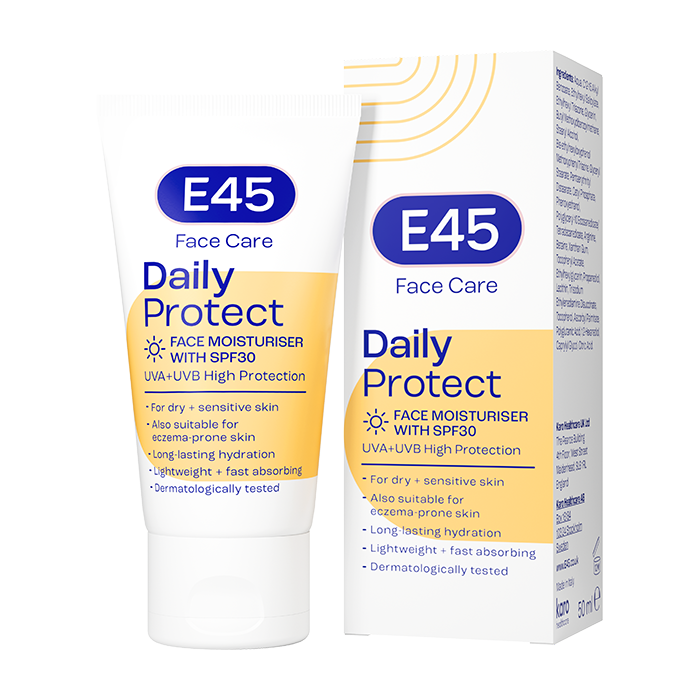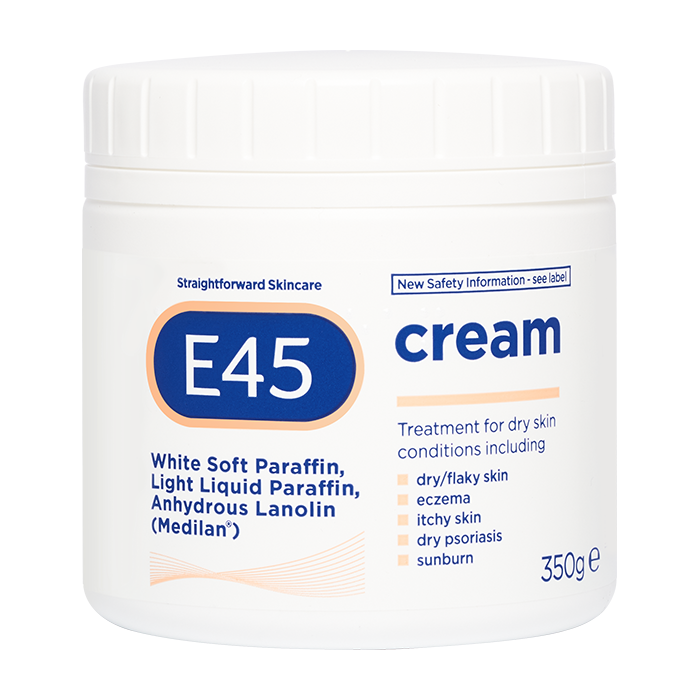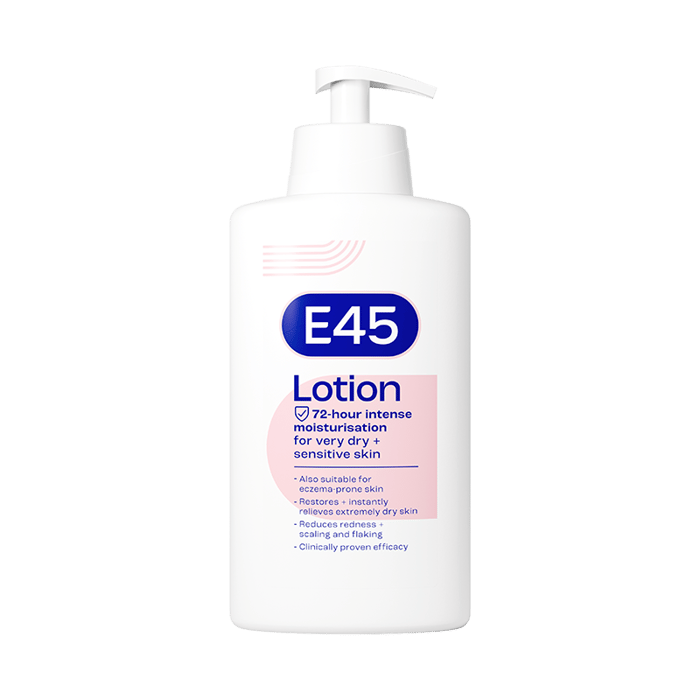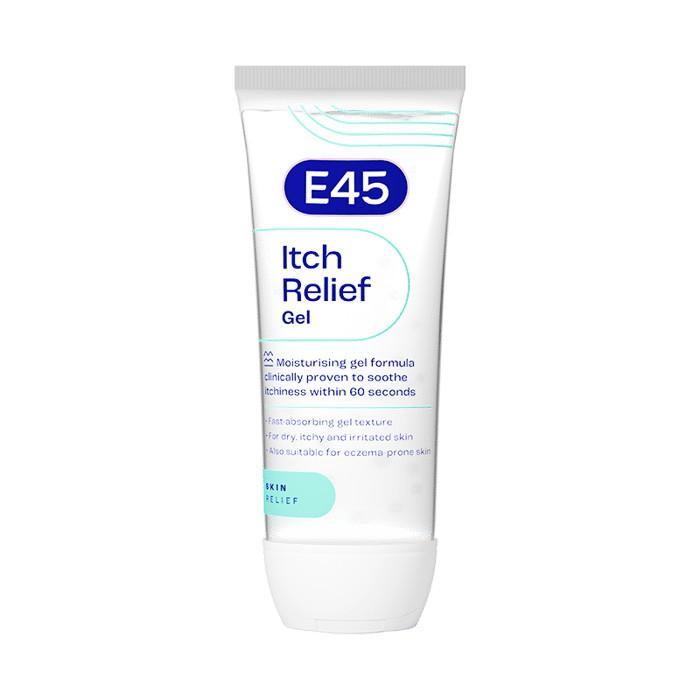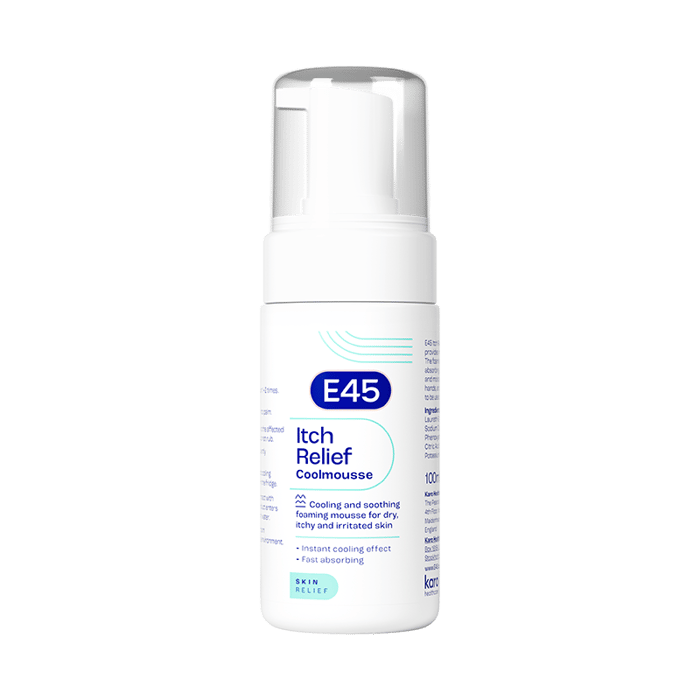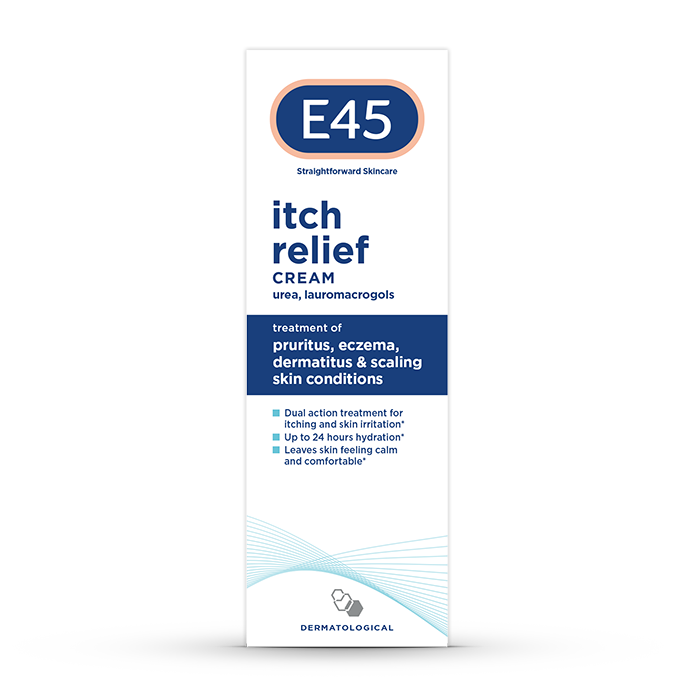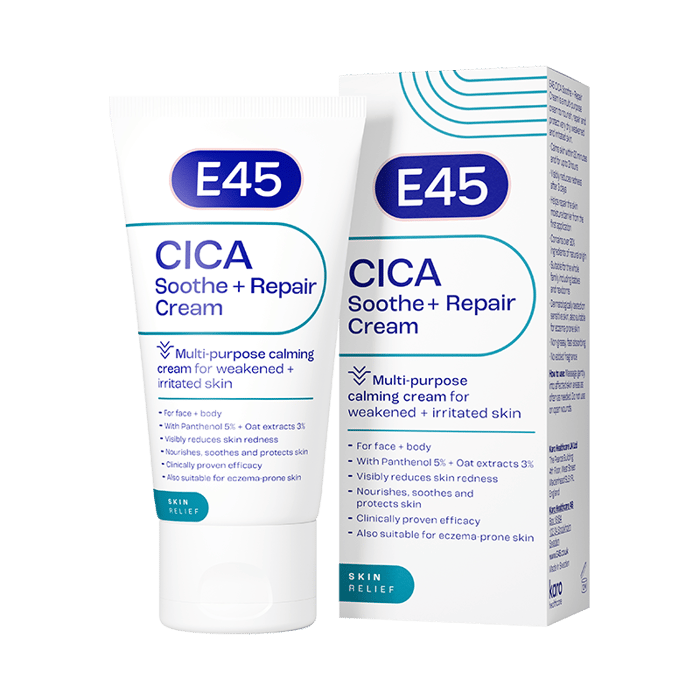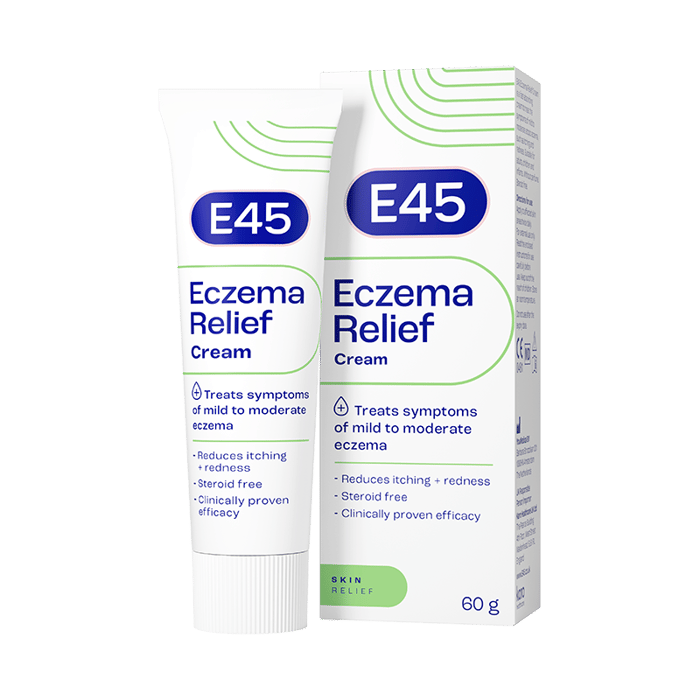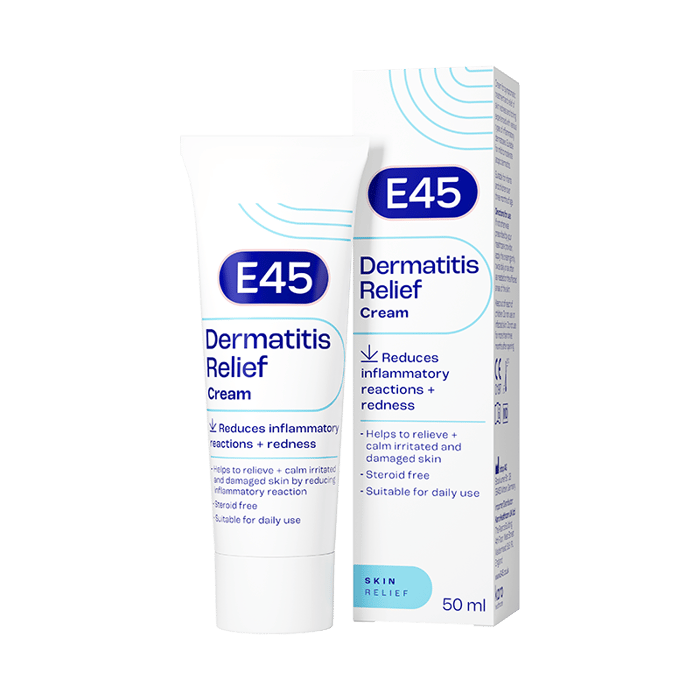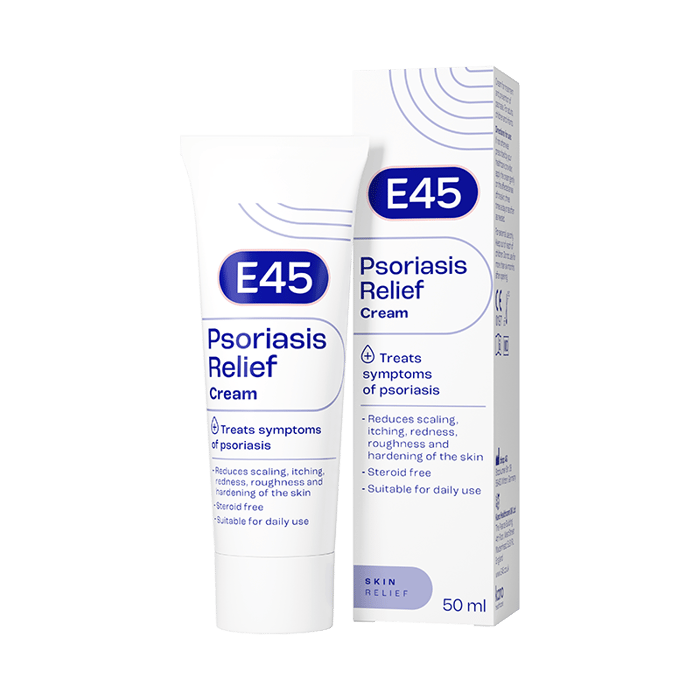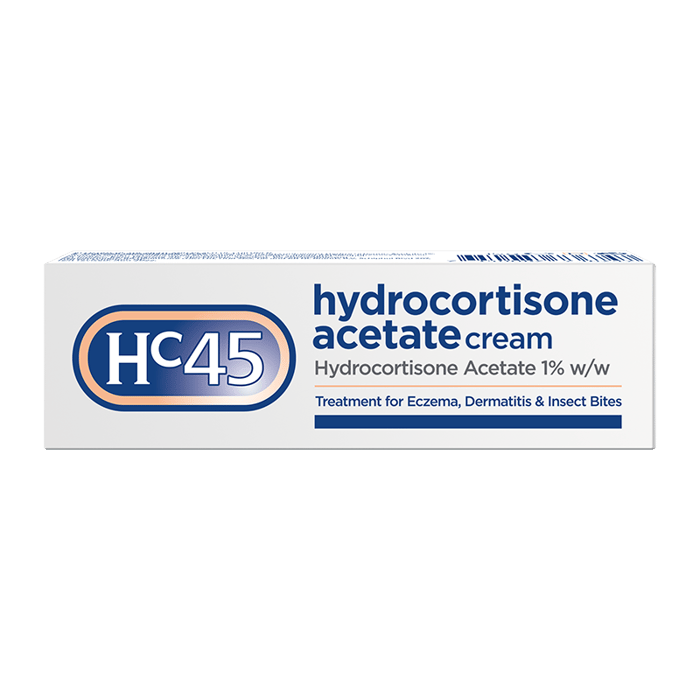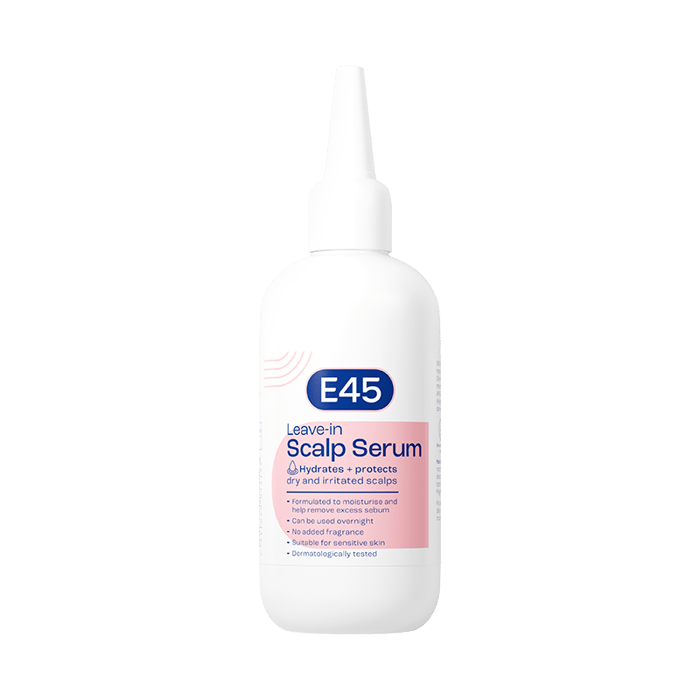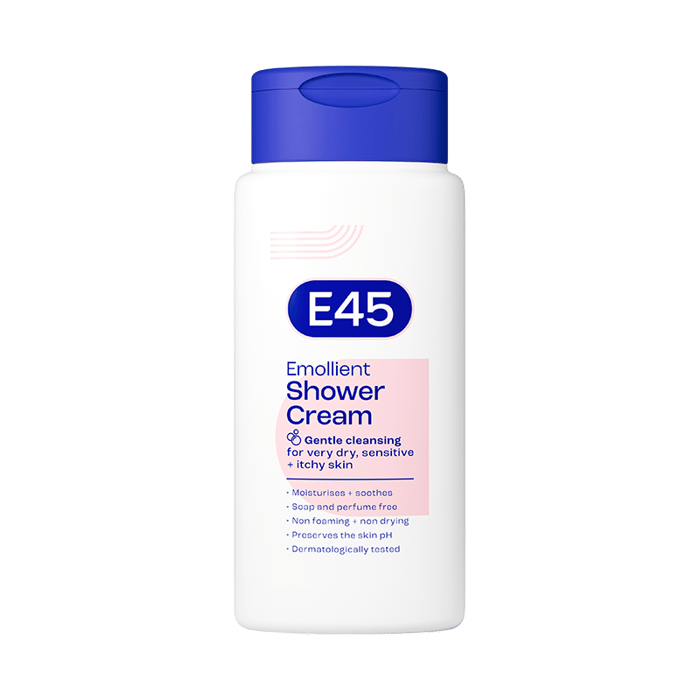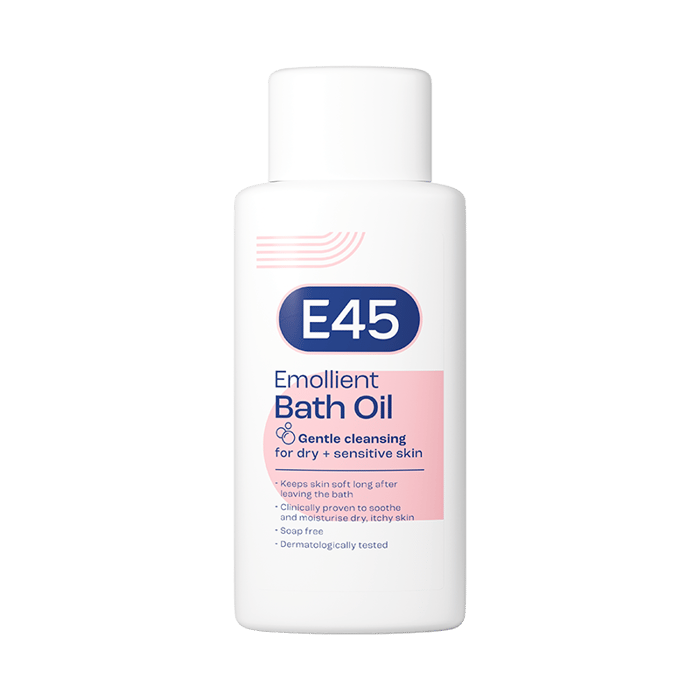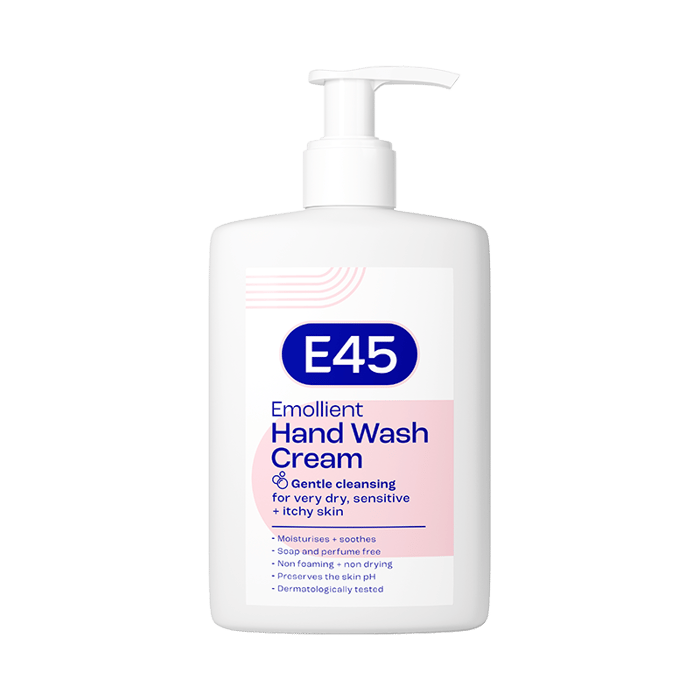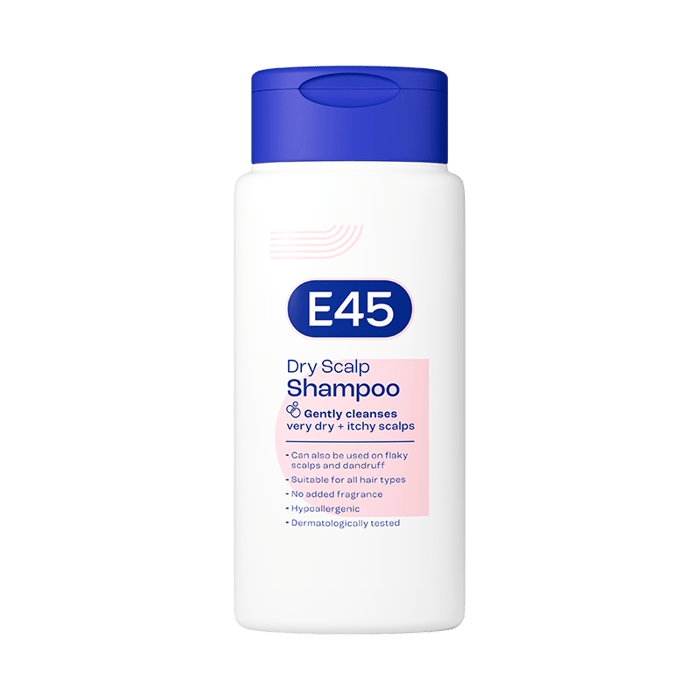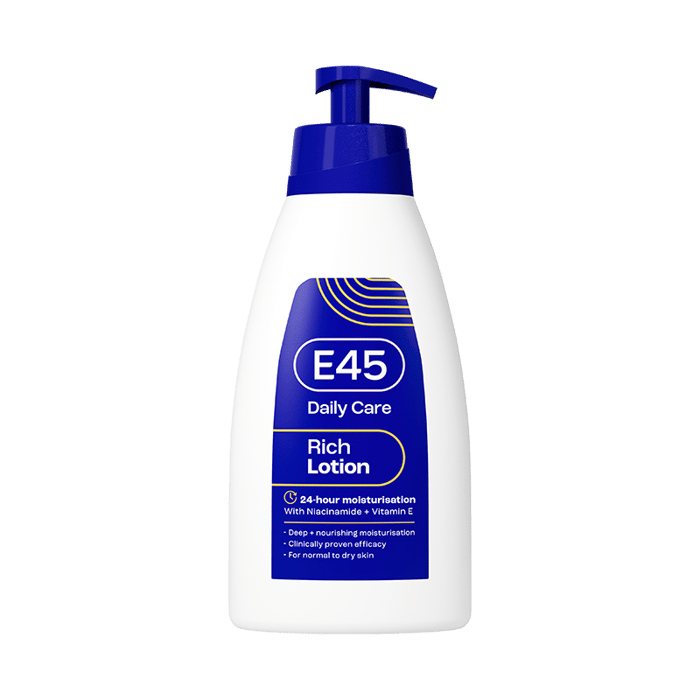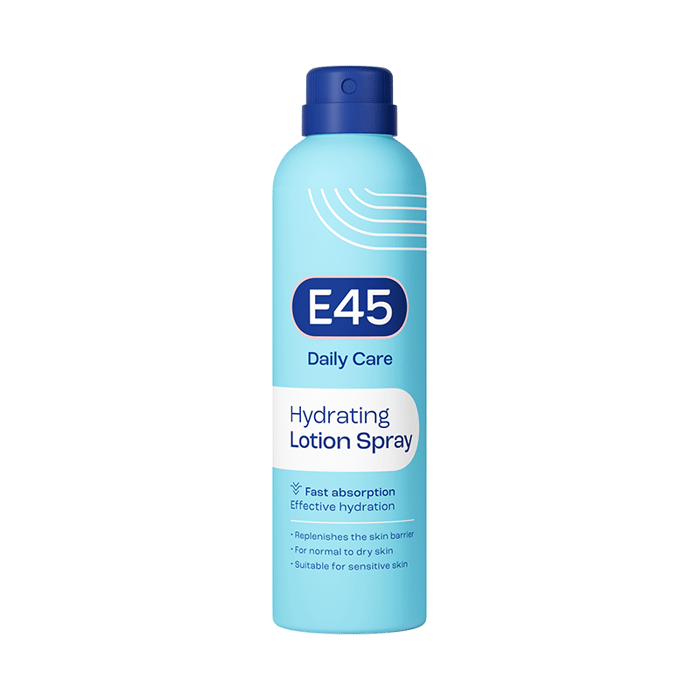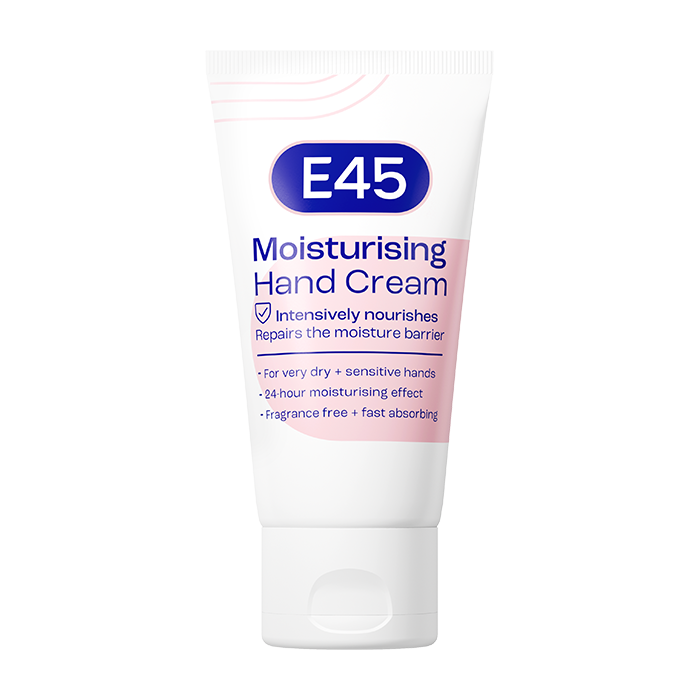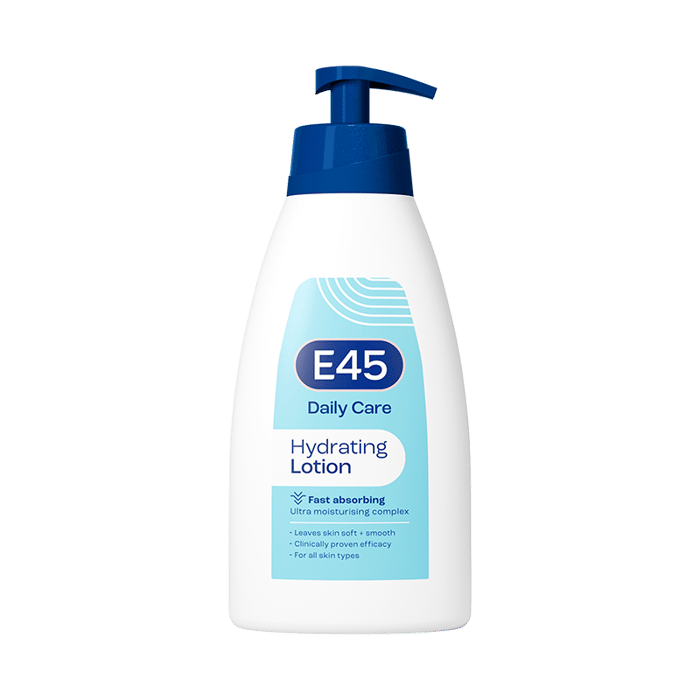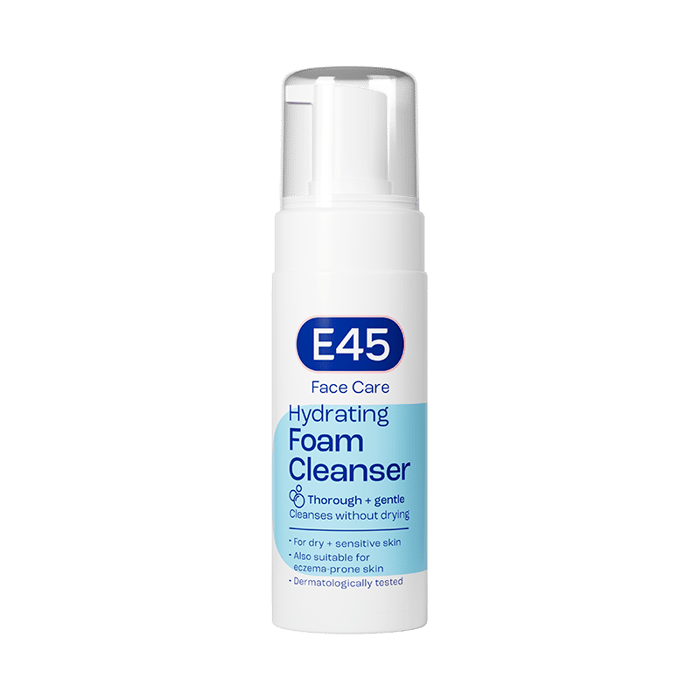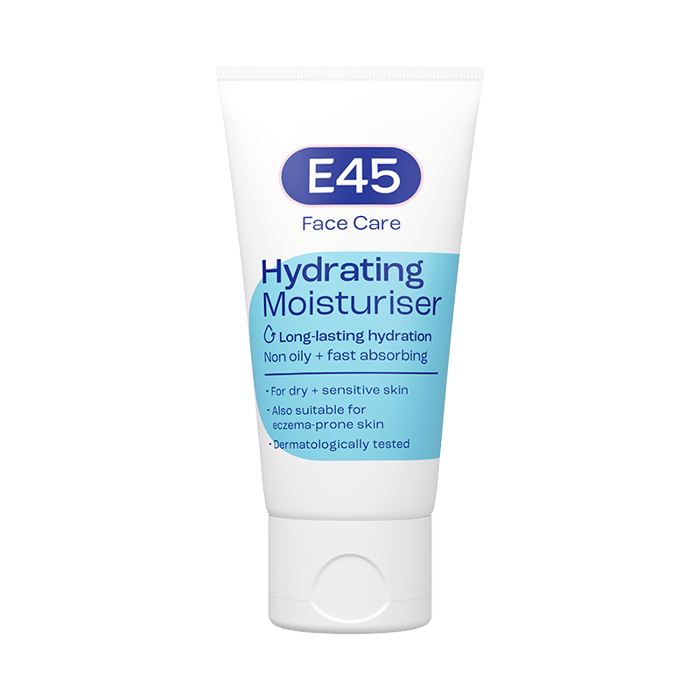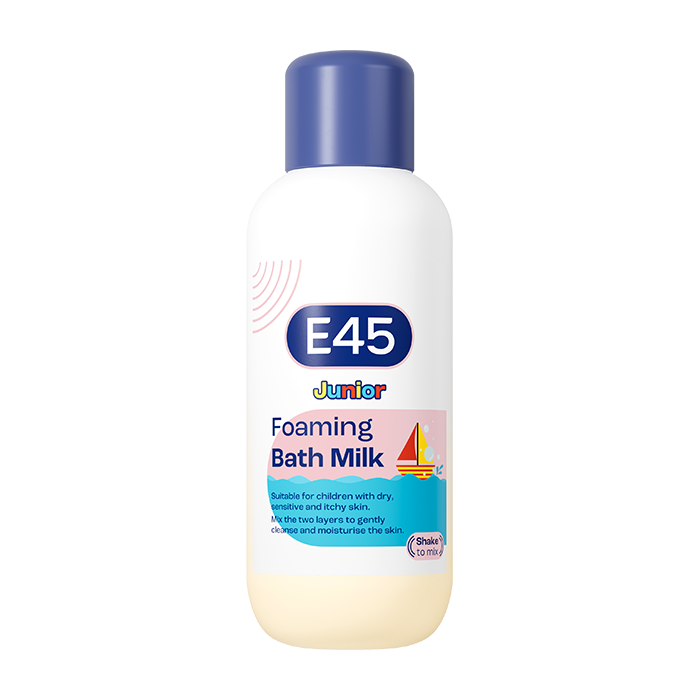Hyaluronic acid and the skin: Benefits and uses
Discover the many uses and benefits of hyaluronic acid for skincare. Learn how it hydrates, plumps and protects the skin, explore potential side effects, and find out how to incorporate it into your skincare routine.
What is hyaluronic acid?
Hyaluronic acid is a substance that occurs naturally in the body and is found mainly in the skin, connective tissues and eyes. It works like a magnet for water, drawing moisture in and helping to keep the skin and tissues hydrated. In skincare, hyaluronic acid can help to hydrate the skin, boost elasticity and give complexions a plump, youthful glow.
Hyaluronic acid can be found in all sorts of products like serums, moisturisers and masks. It can hold up to 1,000 times its weight in water, making it one of the most powerful moisturising ingredients available and a go-to for keeping the skin fresh and hydrated (Source).
Is hyaluronic acid good for the skin?
Hyaluronic acid is highly beneficial for most skin types and concerns, thanks to its intensely hydrating properties. It increases moisture within the skin, helps to restore the skin barrier and reduces the appearance of fine lines and wrinkles. Hyaluronic acid is lightweight and non-comedogenic, so it won’t clog pores, which makes it ideal for oily and acne-prone skin too.
As we age, our natural hyaluronic acid levels start to decrease, which can lead to drier, less elastic skin. By incorporating hyaluronic acid into your skincare routine, you can replenish moisture levels and maintain a healthy and youthful complexion.
Benefits of hyaluronic acid for the skin
Hyaluronic acid offers the skin everything from intense hydration to a stronger skin barrier and a youthful glow. Here are some of its key benefits:
1. Deep hydration and moisture retention
Hyaluronic acid is known for its exceptional hydrating properties. It draws moisture from the air and binds it to the skin, ensuring long-lasting hydration. This makes the skin look smoother, softer and more radiant, giving it a healthier, plumper appearance.
What makes hyaluronic acid so effective is its ability to hold up to 1,000 times its weight in water. This deep hydration helps keep the skin moisturised from within, preventing it from feeling dry or tight. Additionally, hyaluronic acid works to prevent transepidermal water loss (TEWL), which is where moisture escapes from the skin throughout the day. By locking in hydration, hyaluronic acid ensures the skin stays moisturised, smooth and radiant (Source).
2. Plumps skin and reduces fine lines
Hyaluronic acid is highly effective at plumping up the skin and giving it a more youthful, firm appearance. Its ability to deeply hydrate helps to fill out the skin from the inside, making it look fuller and more supple. This hydration has a noticeable effect on the appearance of fine lines and wrinkles, helping to soften them and make them less noticeable (Source).
When your skin is properly moisturised, it naturally becomes more elastic and resilient, which helps to reduce the depth of fine lines and prevents new ones forming. Well-hydrated skin also looks fresher, smoother and more vibrant.
3. Strengthens the skin barrier
A strong skin barrier is crucial for maintaining healthy, resilient skin – it acts as your skin’s first line of defence, protecting against harmful environmental factors like pollution, bacteria and other stressors that can lead to irritation, dryness or premature ageing. Hyaluronic acid plays a key role in strengthening this protective barrier. By deeply hydrating the skin, it helps to replenish moisture levels, ensuring that the outer layer of your skin remains intact and able to do its job effectively (Source).
Hyaluronic acid also enhances the skin’s ability to lock in moisture, which is essential for keeping the barrier functioning optimally. When the skin is well-hydrated, it’s better equipped to defend against pollutants and harmful microorganisms, preventing them from penetrating and causing damage. This can help to maintain the skin’s natural balance and keeps it looking healthy, smooth and vibrant.
4. Promotes wound healing
Studies have shown that hyaluronic acid plays a key role in tissue regeneration and wound healing (Source). When applied to damaged skin, hyaluronic acid can help to accelerate the skin’s natural healing process by promoting the production of new cells. This can be especially beneficial for acne scars, as it can help to repair the damaged skin and promotes smoother, more even skin texture over time.
Hyaluronic acid also has anti-inflammatory properties that help reduce redness, swelling and irritation. This makes it an ideal ingredient for soothing minor cuts, scrapes and sunburns, as it works to calm the skin and minimises discomfort. By keeping the affected area hydrated and supporting the healing process, hyaluronic acid can speed up recovery and help prevent scarring.
5. Soothes sensitive and irritated skin
Hyaluronic acid is widely known for its anti-inflammatory properties, which make it incredibly effective at calming skin that’s prone to redness, irritation and sensitivity (Source). Its ability to soothe inflamed skin makes it a go-to ingredient for individuals with skin conditions like eczema and rosacea (Source). These conditions can cause the skin to become irritated, dry and inflamed, leading to uncomfortable flare-ups. Hyaluronic acid can help to reduce inflammation by deeply hydrating the skin and supporting its natural barrier, which is essential for keeping irritants out.
Hyaluronic acid also works to improve the skin’s overall resilience, helping it recover from flare-ups more quickly. This makes it especially beneficial for sensitive skin, as it can help to calm the discomfort and redness without causing further irritation.
6. Enhances skin elasticity and firmness
As we age, our skin naturally starts to lose collagen and elastin – two essential proteins that give the skin its structure and elasticity. This reduction in collagen and elastin can cause the skin to appear less firm, with the development of fine lines and wrinkles becoming more noticeable. Hyaluronic acid helps counteract these effects by promoting optimal moisture balance in the skin.
By attracting and binding water to the skin, hyaluronic acid helps to keep it hydrated and plump, which plays a key role in maintaining its firmness and smooth texture. Well-hydrated skin is not only more resilient, but also appears fuller and more youthful. Additionally, the hydration boost that hyaluronic acid provides helps improve skin elasticity, contributing to a firmer, more toned appearance (Source).
What skin types can benefit from using hyaluronic acid?
Hyaluronic acid is a versatile ingredient that’s suitable for all skin types, making it a great addition to any skincare routine. If you have dry skin, hyaluronic acid is especially beneficial as it provides deep hydration and helps prevent moisture loss, keeping your skin feeling soft and nourished throughout the day. It’s incredibly effective at locking in water, which helps restore balance and prevent the discomfort that often comes with dryness.
For those with oily or acne-prone skin, hyaluronic acid works wonders without causing breakouts. It hydrates the skin without clogging pores or adding any greasy residue. This makes it ideal for maintaining moisture while controlling oil levels, ensuring your skin stays hydrated, but not overly shiny.
If you have sensitive skin, hyaluronic acid can help to calm irritation and redness. It’s known for its soothing properties, making it a great choice for skin that’s prone to inflammation or sensitivity. By providing hydration and supporting the skin barrier, it helps reduce discomfort and keeps your skin calm and balanced.
For ageing skin, hyaluronic acid can help to reduce the appearance of fine lines and wrinkles by boosting moisture levels and improving skin elasticity. As we age, our skin tends to lose moisture, leading to a loss of firmness. Hyaluronic acid helps replenish hydration, making the skin look more plump, firm and youthful, while also improving its overall texture.
Are there any side effects?
Hyaluronic acid is generally safe for most people and is well-tolerated by the skin. It rarely causes irritation, making it a popular choice in many skincare routines. However, in some rare cases, individuals might experience mild redness or irritation, particularly when using formulas with higher concentrations of hyaluronic acid.
Another possibility is breakouts, which can occur if hyaluronic acid is combined with occlusive ingredients that trap too much moisture in the skin. Though uncommon, allergic reactions to hyaluronic acid can also happen. To avoid any adverse effects, it’s always a good idea to perform a patch test before introducing a new hyaluronic acid product into your routine, especially if you have sensitive skin.
How to use hyaluronic acid in your skincare routine
To make the most of hyaluronic acid in your skincare routine, there are a few key tips to keep in mind. First, it’s best to apply hyaluronic acid to slightly damp skin. This is because it draws moisture in, and when your skin is already hydrated, it helps lock in even more moisture. E45 Hydrating Serum has been formulated with hyaluronic acid to provide long-lasting hydration for dry, sensitive skin.
After applying it, make sure to follow up with a moisturiser or face oil to seal in that hydration – try E45 Face Care Hydrating Moisturiser, which combines hyaluronic acid with other emollients to target dry skin and support the skin barrier. This step helps to lock in the benefits of hyaluronic acid and keeps your skin feeling soft and nourished throughout the day.
You can also opt for a sun cream that’s formulated with hyaluronic acid for daily sun protection that also offers deep hydration. E45 Sun Care Sensitive Protect Face Cream SPF50 contains hyaluronic acid for an intense 24-hour moisturising effect and long-lasting hydration.
Hyaluronic acid is gentle enough for daily use, so you can incorporate it both in the morning and at night. For even better results, consider pairing it with other ingredients like vitamin C, ceramides and peptides. These work in synergy with hyaluronic acid, enhancing its hydrating effects while also boosting overall skin health.
Conclusion
Hyaluronic acid is a powerful skincare ingredient that offers a wide range of benefits for all skin types. Whether you’re looking to deeply hydrate your skin, reduce the appearance of fine lines and wrinkles or strengthen your skin barrier, hyaluronic acid can help. It works by attracting moisture to the skin, providing long-lasting hydration and plumpness, and making your complexion look smoother, healthier and more radiant.
Gentle and non-comedogenic, hyaluronic acid is ideal for dry, oily, sensitive and ageing skin alike. By incorporating it into your daily routine, you can enjoy its soothing, anti-inflammatory and skin-repairing properties.
FAQ: Hyaluronic acid and the skin
Can I use hyaluronic acid every day?
Hyaluronic acid is gentle and non-irritating, which makes it safe for daily use. You can apply it both in the morning and at night. In fact, incorporating it into your routine regularly will help maintain optimal hydration levels, leaving your skin feeling refreshed and moisturised all day.
Does hyaluronic acid help acne?
Hyaluronic acid can be great for acne-prone skin. It hydrates without clogging pores, which is essential for maintaining healthy skin. Its ability to hydrate and balance moisture can help to prevent the skin from producing excess oil, a common contributor to acne. Additionally, its anti-inflammatory properties can reduce redness and irritation, helping to calm existing breakouts.
Can I use hyaluronic acid with retinol?
Hyaluronic acid pairs wonderfully with retinol. While retinol can sometimes cause dryness and irritation, especially when you first start using it, hyaluronic acid helps to counteract these effects by providing deep hydration and helping the skin retain moisture. Using them together can make your skin look smoother, plumper and more youthful, without the dryness that retinol can sometimes cause.
Does hyaluronic acid help with hyperpigmentation?
While hyaluronic acid doesn’t fade pigmentation directly, it can help to improve the overall radiance of the skin by keeping it hydrated and plump. When the skin is well-hydrated, it naturally looks brighter and healthier. So, while hyaluronic acid may not lighten dark spots or hyperpigmentation, it can help create a more even and glowing complexion by providing essential moisture.
Is hyaluronic acid safe for sensitive skin?
Hyaluronic acid is generally very safe and well-tolerated by sensitive skin. It’s known for its soothing and calming properties, making it ideal for reducing irritation and redness. Hyaluronic acid helps to reinforce the skin’s natural barrier, which is often compromised in sensitive skin, and boosts hydration without causing irritation. Just be sure to do a patch test if you have particularly reactive skin.
How long does it take for hyaluronic acid to work?
You may notice immediate hydration and plumpness after applying hyaluronic acid, but long-term benefits like improved skin elasticity, reduced fine lines and a more even skin texture can take a few weeks to appear. Consistent use over time is key to getting the most out of hyaluronic acid’s benefits.
Can I use hyaluronic acid with vitamin C?
Hyaluronic acid and vitamin C complement each other in a skincare routine. Vitamin C helps to brighten the skin and helps to fight the signs of ageing by reducing free radical damage, while hyaluronic acid hydrates and locks in moisture. Together, they provide a powerful combination for a radiant, youthful complexion.
Is hyaluronic acid good for ageing skin?
Hyaluronic acid is a fantastic ingredient for ageing skin. As we age, our skin loses moisture, which can lead to wrinkles and sagging. Hyaluronic acid helps to restore moisture, improving skin elasticity and firmness, and reducing the appearance of fine lines. Its ability to attract and retain water helps to keep the skin looking plump and youthful, making it an excellent addition to an anti-ageing skincare routine.
Can hyaluronic acid help with dark circles?
While hyaluronic acid won’t specifically target dark circles caused by pigmentation, it can help reduce the appearance of puffiness and fine lines under the eyes by keeping the skin hydrated. Hydrating the delicate skin around the eyes can make it look fresher and more awake, which may help diminish the tired, sunken look that often accompanies dark circles.
Can hyaluronic acid be used on the body?
While it’s often used in facial skincare, hyaluronic acid can also be beneficial for the body. It can help to hydrate dry patches of skin, especially on areas like the elbows, knees and hands, which are more prone to dryness. Many body lotions and creams include hyaluronic acid for its deep moisturising effects, making it a great choice for tackling dry, flaky skin on the body as well.
Sources
www.verywellhealth.com/hyaluronic-acid-for-skincare-4582343
www.medicalnewstoday.com/articles/326385#is-it-effective
www.tandfonline.com/doi/full/10.4161/derm.21923
pubmed.ncbi.nlm.nih.gov/25877441/
www.healthline.com/health/skin-barrier
pmc.ncbi.nlm.nih.gov/articles/PMC8533685/#sec6-biomolecules-11-01518
www.medicalnewstoday.com/articles/hyaluronic-acid-benefits#smooth-skin
www.rosacea.org/blog/2019/june/acid_in_skin_care_products_rosacea

